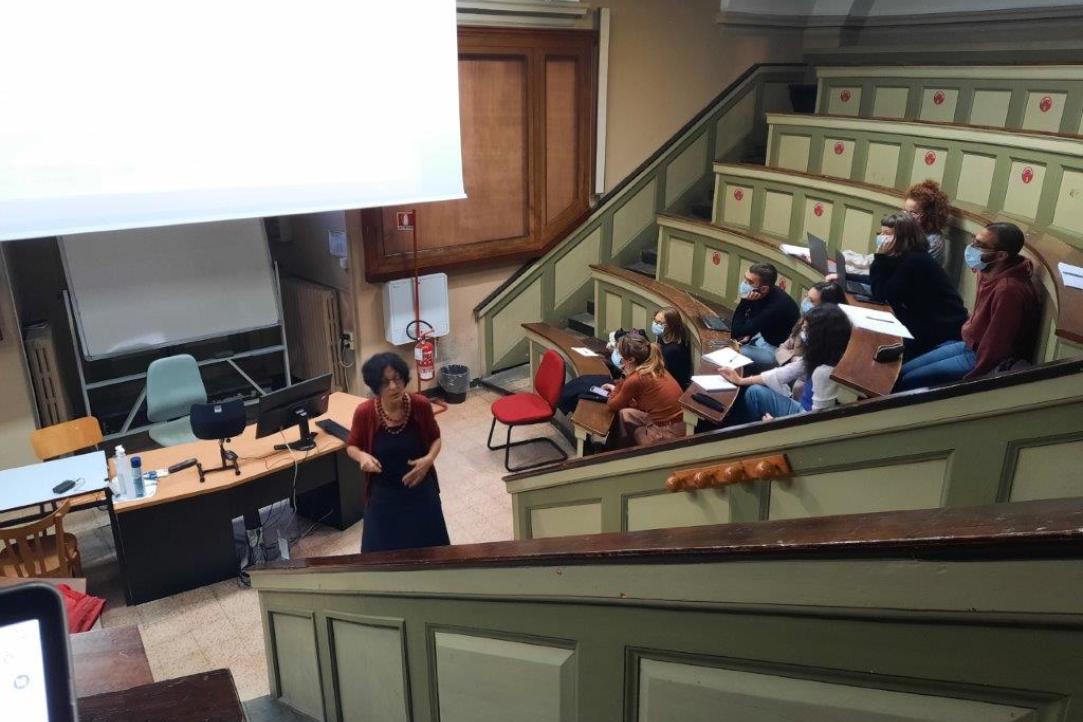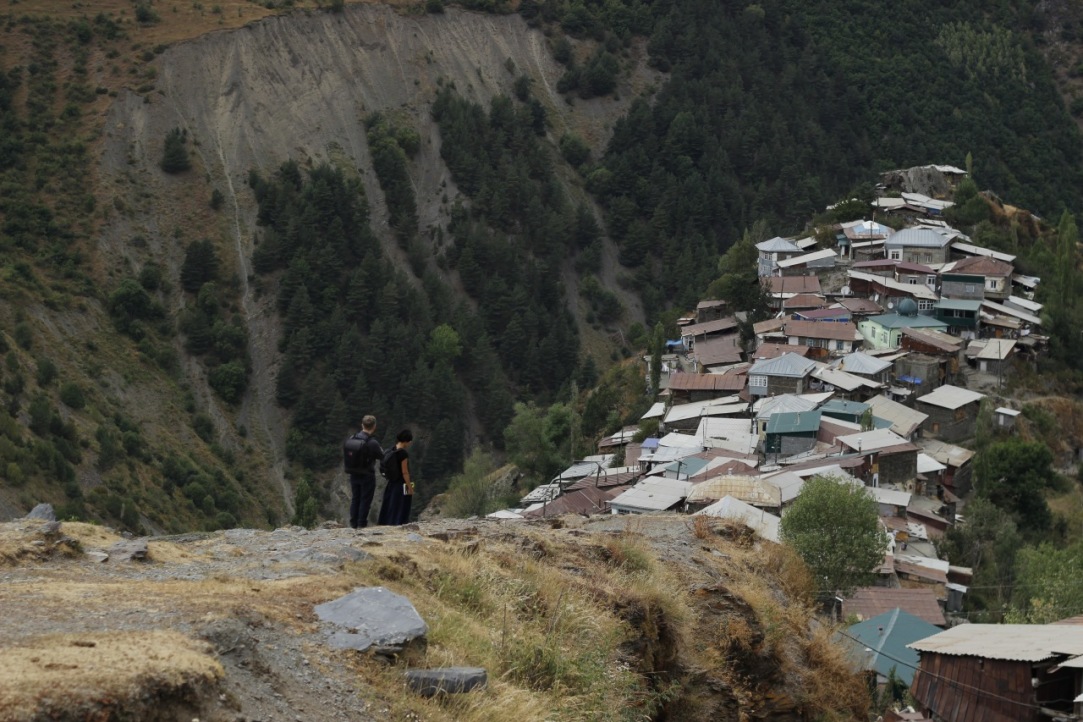
- A
- A
- A
- ABC
- ABC
- ABC
- А
- А
- А
- А
- А
The School of Linguistics was founded in December 2014. Today, the School offers undergraduate and graduate programs in theoretical and computational linguistics. Linguistics as it is taught and researched at the School does not simply involve mastering foreign languages. Rather, it is the science of language and the methods of its modeling. Research groups in the School of Linguistics study typology, socio-linguistics and areal linguistics, corpus linguistics and lexicography, ancient languages and the history of languages. The School is also developing linguistic technologies and electronic resources: corpora, training simulators, dictionaries, thesauruses, and tools for digital storage and processing of written texts.
Digital Humanities
Bangkok: Association for Computational Linguistics, 2024.
Yerbolova A. S., Tomashchuk K., Kogan A. et al.
Complexity. 2026. P. 1-34.
In press
Lander Y., Bagirokova I., Lander A.
In bk.: Theoretical Issues in the Languages of the Caucasus. Amsterdam: John Benjamins, 2026.
arxiv.org. Computer Science. Cornell University, 2024
News
















- About
- About
- Key Figures & Facts
- Sustainability at HSE University
- Faculties & Departments
- International Partnerships
- Faculty & Staff
- HSE Buildings
- HSE University for Persons with Disabilities
- Public Enquiries
- Studies
- Admissions
- Programme Catalogue
- Undergraduate
- Graduate
- Exchange Programmes
- Summer Schools
- Semester in Moscow
- Business Internship
- © HSE University 1993–2026 Contacts Copyright Privacy Policy Site Map
- Edit

